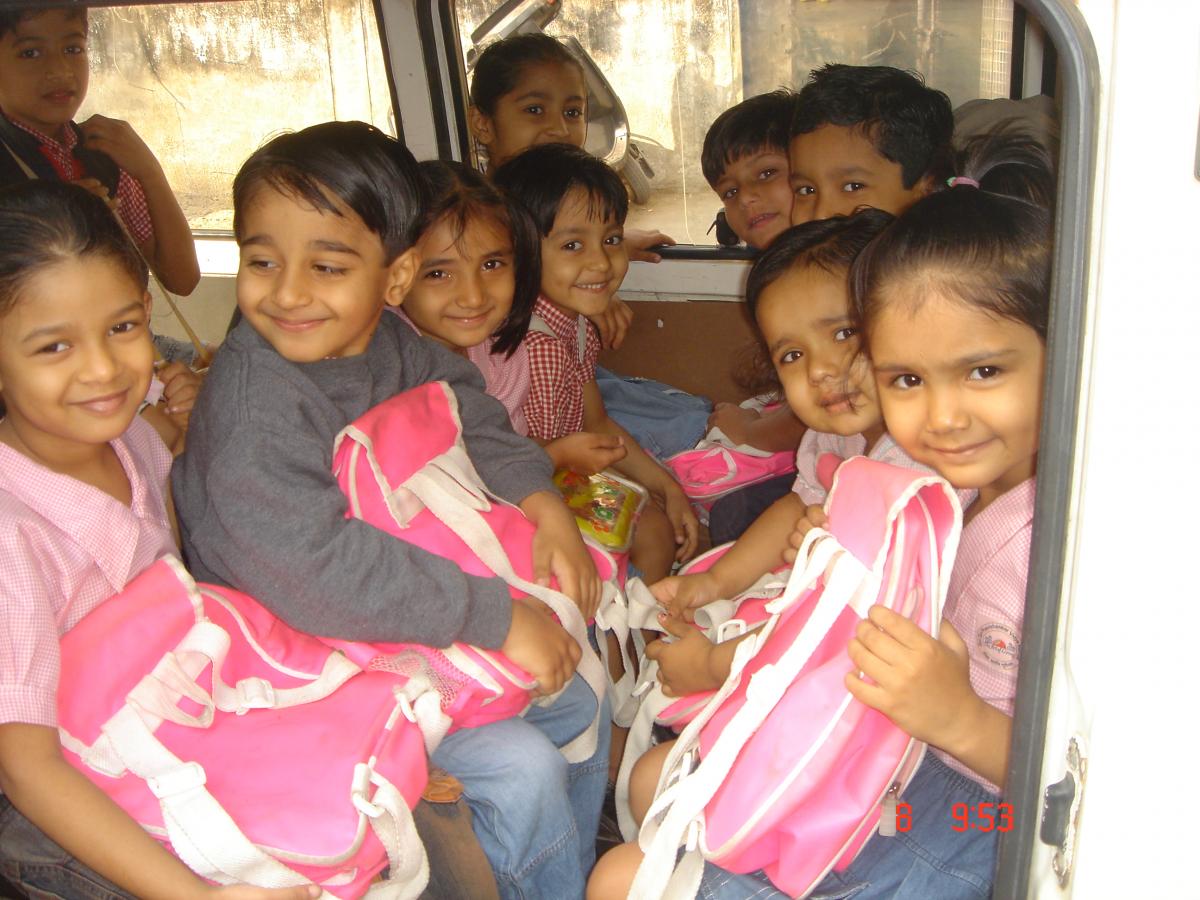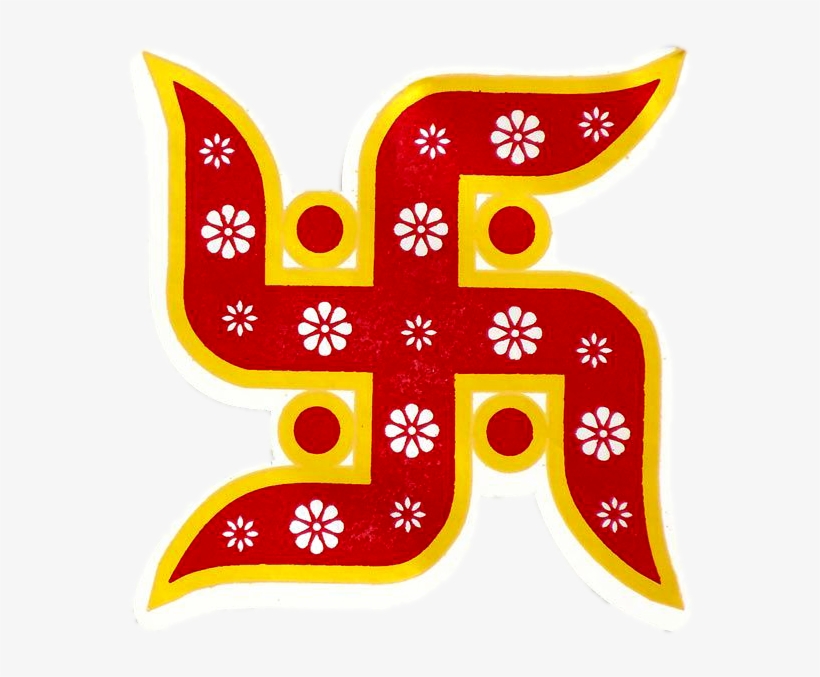- GADHER COMMUNITY
- Guru Guidance & Hinduism
- Gotra, Kuldevis & Nived
- Our historical sites
- Blessings & Festivals
- Gadher Community of today
- Gadher Family Tree
- Essence of Life
- Gadher Pluralism
- Gadher young generation
- Amazing Africa
- Incredible India
- Nostalgia
- Origin of this Website
- Dedication
- Golden Memories
- Achievement
- Jivan Darbar
- Disclaimer & Copyright
Uniqueness and Individuality - Gadher young !
Education, Equality, Uniqueness & Individuality of our younger generation
Don’t let us destroy children’s childhood
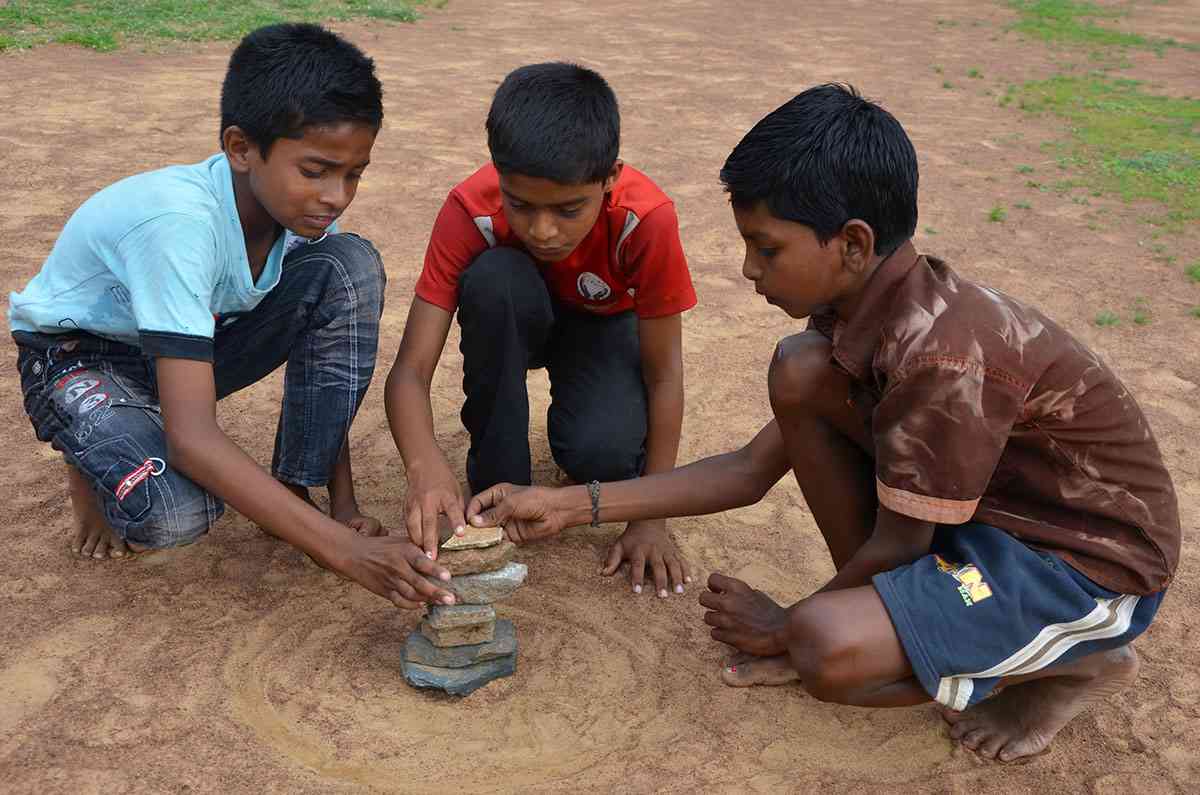
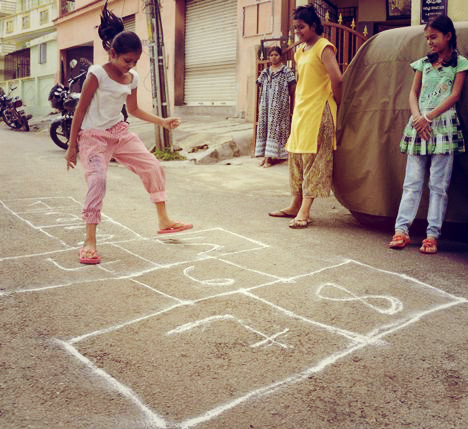
Children’s cultures didn’t evolve by accident. They served a function. In free play, children practice creative thinking and problem-solving. In mixed age play groups, they learn from older peers and teach younger ones, meanwhile consolidating their skills.
Unfortunately, virtually every feature of childhood has changed, particularly in Western and Industrialized societies. Instead of growing up in a mixed-age collective, our children spend most of their time indoors with same-age peers. Gone are the days of evading grown-ups: constant supervision, and very limited recess for free play is impacting creativity.
Before the coronavirus pandemic, kids’ busy schedules included school, homework, chores, sports, music lessons and other activities. Those packed schedules often left out one key element that is crucial to growth and learning - playing, laughing, singing, and having fun.
Questions for you:
- Internet now provides room for exploring. While communicating over the internet may have some benefits, it’s no replacement for face to face interaction when it comes to a child’s development.
- Having friends who are both older and younger is important for a child’s learning. When a child is learning a new skill, it helps them to copy a slightly older child whose abilities are closer to theirs, rather than an experienced adult. But the way classrooms are set up today typically means that kids have friends who are mostly their own age – is it surprising that they struggle as well as shy in asking for help from the teacher!
- Not allowing a child to have unstructured playtime and not giving kids any independence can potentially contribute to issues with attention, conflict resolution, regulating emotions, and other social skills - how come we ignore this?
- Long term mental health impact due to combination of all above as well as neglect by parents and teachers is a recipe for a stunted childhood and problematic adulthood – how come we are blind to this?
Cultural and historical approach to education
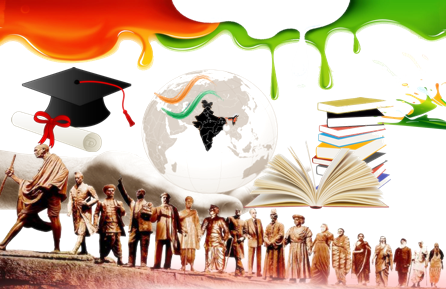
Early education system
The education system which evolved first in ancient India is known as the Vedic system of education. This ancient system of education was based on the Vedas and therefore it was given the name of ‘Vedic Educational System’. Some scholars have sub divided Vedic Educational period into Rig-2 Veda period, Brahmani period, Upanishada period, Sutra (Hymn) period, Smriti period and the aims and ideals of this educations has filtered down for years. The education system of Vedic period had unique characteristics and qualities which were not found in the ancient education system of any other country of the world. To achieve their aim not only did Brahmans develop a system of education which, survived even in the events of the crumbling of empires and the changes of society, but they, also through all those thousands of years, kept a glow of torch of higher learning.
Education in ancient India was free from any external control like that of the state and government or any party politics. It was the king’s duty to see that learned Pundits, pursued their studies and performed their duty of imparting knowledge without interference from any source. Gurukuls and Ashrams were generally situated on the river banks or on the lake. The whole atmosphere was quiet, calm and peaceful. Brahmanic education aimed at infusion of a spirit of piety and religiousness, formation of character, development of personality, and infusion of civil and social sense, promotion of social efficacy, and preservation and spread of national culture.
Educations Responsibility
Imparting and receiving of education was as sacred as anything can be, for example, education started and ended with certain prescribed religious rituals like upnayan and samvartan. The disciple was to devote oneself whole heartedly to the cause of learning while one remained with the teacher. Not everybody was required to enter studentship and it was still a custom to receive education at the hands of his father - how many of the parents look after their children’s’ education now in this respect? The ancient system gave an equal important to informal education as it did to the formal one.
Personality Development:
The Guru in the ancient times realized that the development of personality was the sole aim of education. Human personality was regarded as the supreme work of God. The qualities of self-esteem, self-confidence, self-restraint and self-respect were the personality traits that the Guru tried to encourage in his pupils through example. The ancient Indian education system was very successful in preserving and spreading Indian culture and literature even without the help of art of writing. This was only because of the destruction of temples and monasteries by invaders that literature was lost. The cultural unity that exists even today in the vast- sub continent in due to the successful preservation and spread of culture and all credit goes to Ancient Education System.
Summary
In vedic era education had a prominent place in society. It was considered as pious and important in society. Education was a must for everybody to becoming cultured. Relationship between Guru and pupils were very cordial during vedic and post- vedic period. Educational efforts were being made to infuse ―Satyam, Shivam and Sundaram inside the students. A great importance was attached to Veda in the education system, where self-study or ‘Swadhyaya’ was considered more important during that period. The vedic period also favored women education and women were given equal opportunity.
Present day learning
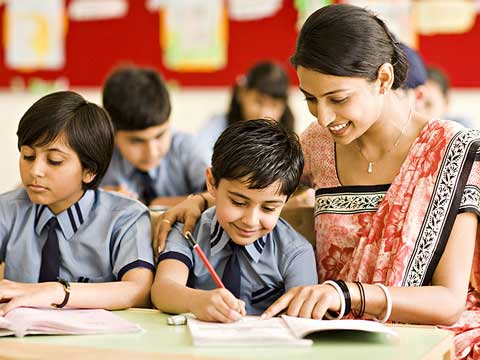
E-learning and Internet
e-learning is playing an important role in providing quality education with the help of the fast-evolving technology. E-learning or online (internet) based learning offers vast opportunities in gaining a wide spectrum of knowledge. Students can benefit from online learning. Online Education sets the platform for self-paced learning and one can study as per his/her convenience. E-learning makes one responsible, self-motivated and confident regardless of age but there has to be a structured learning for children to avoid pitfalls and dangers of this.
Power of computing, i-cloud, androids and artificial intelligence!

There are plenty of negatives associated with smart technology, but there are also positives – and for sure, the digital age is not making us stupid. Despite the headlines, there is no scientific evidence that shows that smartphones and digital technology harm our biological cognitive abilities. What smartphones and digital technology seem to do instead is to change the ways in which we engage our biological cognitive abilities.
Computers, tablets and smart phones, function as an auxiliary, serving as tools which are good at memorization, calculation and storing information and presenting information when you need it. Additionally, smart technology augments decision making skills that we would be hard pressed to accomplish on our own.
Putting all these technologies together with a naked human brain, you get something that's smarter...and the result is that we, supplemented by our technology, are actually capable of accomplishing much more complex tasks than we could with our un-supplemented biological abilities.
Missing focus and needs
Indian parents sugarcoat many realities especially of birth, sex and death. But there’s something else going on with sex and death. In these cases, there is an intentional sequestering of information, an attempt to leave the innocence of youth unspoiled, so they think! This is the ‘Knowledge Dam’, the stoppering of cultural transmission to the next generation, and it’s a mistake. The next generation of children will encounter death in the family or in their environment. Children will grow to adults and have sex. They will have children, and raise them, and their children will all do the same too. The less we share our understanding of culture, life, reality, the less prepared will be our children to understand all. Cultural transmission has scaffolded the ‘life’ experience for millennia. Why stop this learning and questioning? Is it because one is unable to handle it or one is still ignorant of the fast changing World?
Language:
Spoken gujarati - we should know our own language - even if is not widely spoken / learning is fun!
Written gujarati - we should know our own language - even if is not widely written / learning is fun!
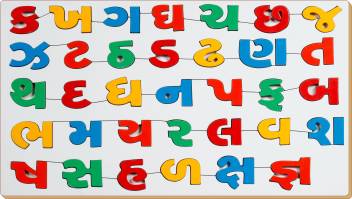
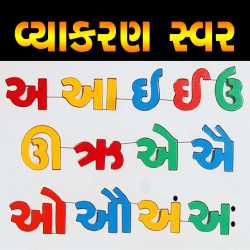
To add:
Religion, Gujarati and its role in the success of Gujarat as well as the World
**
While Indians everywhere are successful in various fields and their intellectual prowess is generously applauded worldwide, how successful has their fame been in spreading knowledge and increasing awareness about the rich culture of the country and the many diverse languages spoken within the country?
The significance of Indian languages and culture has until now not been in focus as have other global languages such as Spanish or Chinese given the fact that a larger percentage of people speak the Indian languages. While India does not have one common national language, for all practical purposes, Hindi (which is the official language of the constitution) is widely spoken across the nation and also understood globally by the Indian community, thanks to the popularity of Bollywood films and music. However, this trend of only a small percentage of people having to know ‘Hindi’ or Gujarati language, is soon bound to change given the possibility of India growing to be a major centre of trade and business in the near future, especially with China having taken a back seat in the trade & manufacturing sector since the outbreak of the pandemic.
Equality and excellence in education
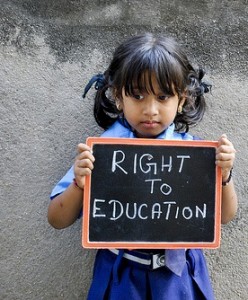
Our daughters & sisters - their bright future of equality and success!
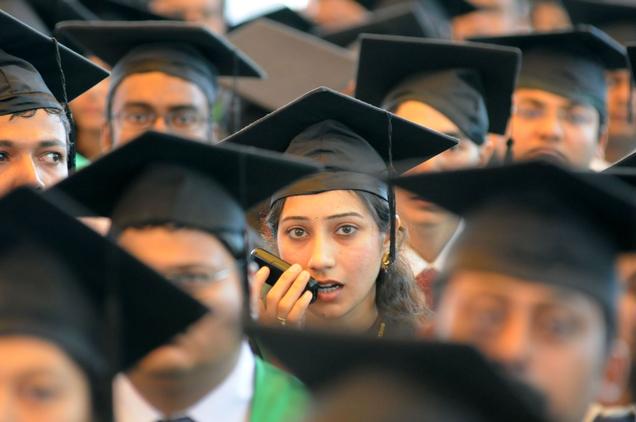
Our Young talent
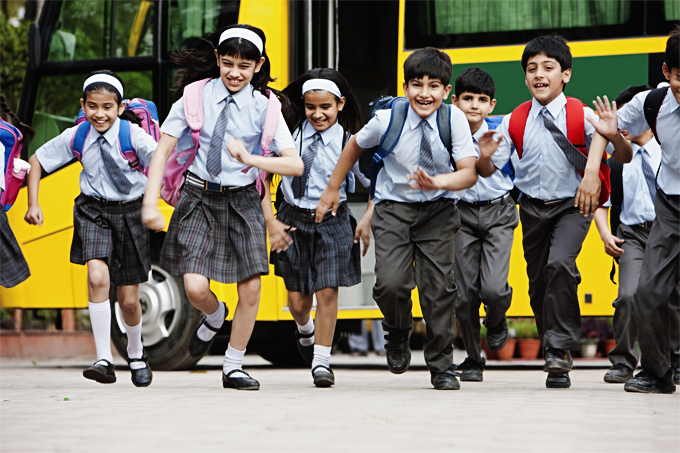
Vision and ten years' time - Aim for the Moon and you may reach the Sun !
India has already landed on the moon and looking at harnessing the sun's energy. Successful moon landing as well as satalite to the sun recently shows the talent and vibrant energy that India and Indians possess. In ten years time, India will the World's leading economy with excellence in Science, Medicine, Digital Computation, AI, and a Democracy to be envied.
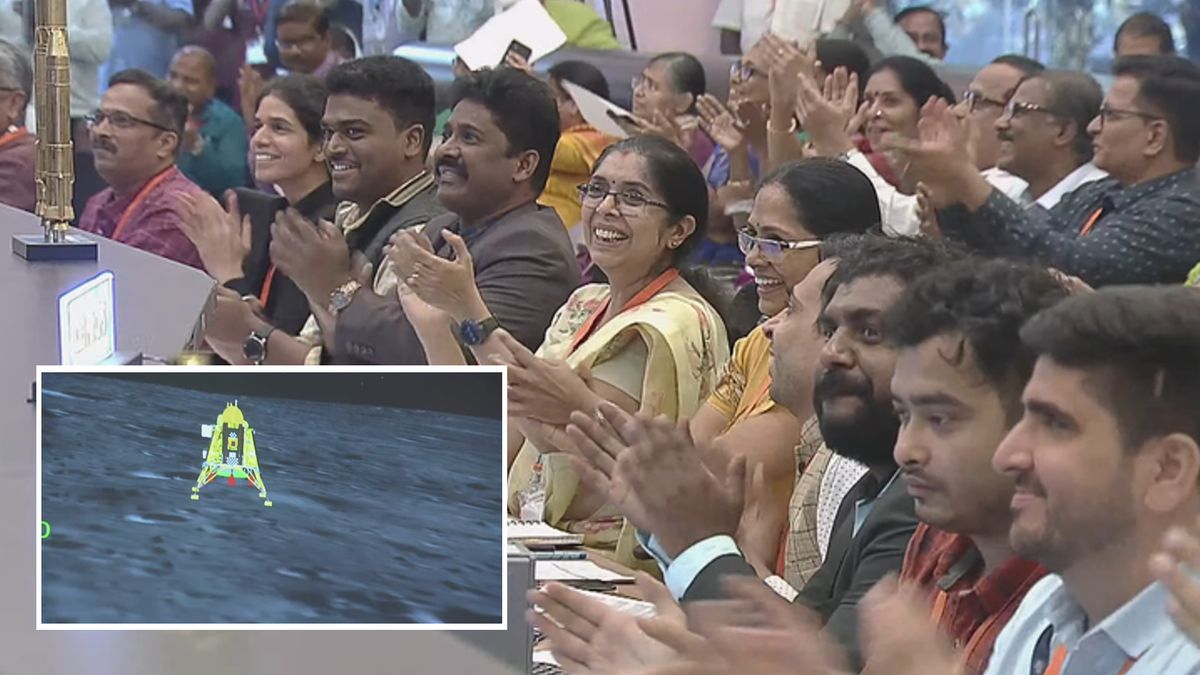
|
Urgencies
During the last decades, the range of activities and responsibilities that universities perform has significantly widened as the importance of knowledge production and innovation for economic life and society has grown at a rapid pace. Integrating knowledge transfer as well as an increased societal engagement has in addition to teaching and research, created new roles for universities as active players in developmental activities geared towards stimulating innovation-based growth and improving the quality of life for their communities. Conversely, the stake-holder expectations of what universities and, by extension, higher education can achieve have changed immensely. Our future of tomorrow !
Some questions: To what extent has the changing world created pressure to generate more economic values rather than societal values? How can we give our students independent intellectual space to grow and develop? Do we know the implications of future and higher education and how can these be nurtured in our comminty and in the right direction?
How can we help our Gadher students to expand in current pressurized environment and not see them left behind?
Jivanbhai's saying about Gadher young generation : If our young are not playing, laughing, singing, and having fun, we have failed to educate them. If they are not fit, healthy and energetic, we have failed them totally! For these reasons, we started gymnasiums in Ranavav & Porbander India and Nairobi, Eldoret, Kitale, Kakamega in Kenya to install life-changing goodness in all. During partition of India as well as independance struggles of the African states, we stood ready to protect our families, friends and our identity - Swastik Vayayamshala is just one example of the united front that we created!
|

